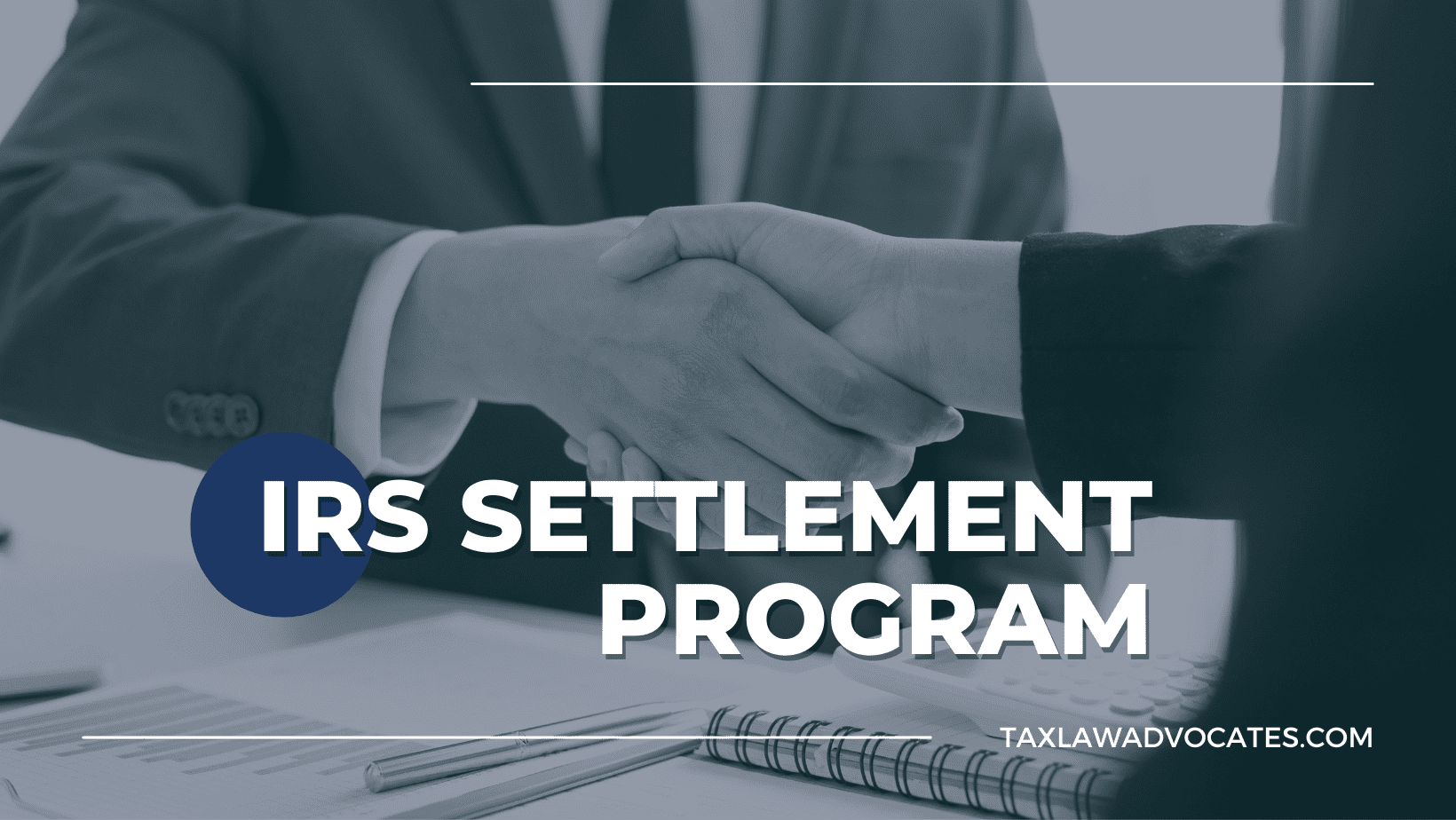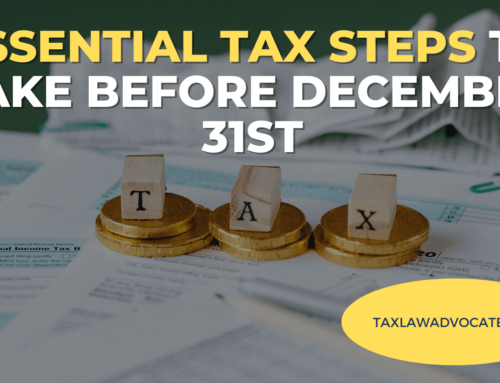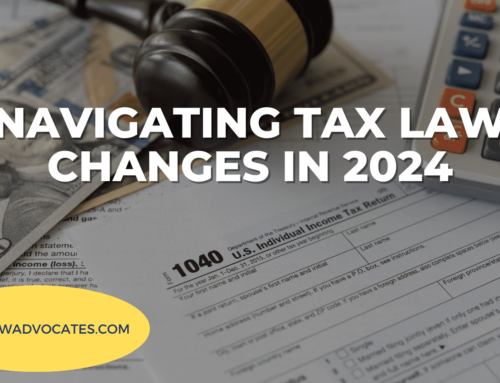How much will the IRS usually settle for?
The goal for the IRS is to settle on an amount that you can actually pay, while also recouping as much as they can of what is owed to them. To calculate the settlement, they combine your income and assets and subtract your expenses to determine the final payment amount. The average settlement ranges from $5,000 – $7,500 depending on which data you reference.
But regardless of the average settlement offer, your individual amount will be based only on your financial situation and how you negotiate with the IRS.
It is critical to get your ducks in a row before diving into negotiations. That said, time is of the essence so you don’t want to delay too long. The best first step is to gather your documentation and contact a tax settlement expert.
Tax Law Advocates is licensed in all 50 states, and we have helped reduce tax debt by thousands of dollars for our clients. Be sure to read our Google reviews, read more on our BBB profile, and be careful of low quality “settlement experts” who don’t have your best interest in mind.
Be Mindful of Appearing Fraudulent
One important note when making an offer to the IRS is to avoid the appearance of tax fraud. IRS agents look at each case to verify its authenticity. If something seems amiss to them, you can bet that they will not hesitate to investigate you, which can result in high fines, additional levies, and, in extreme cases, possible jail time depending on what they uncover.
How The Settlement Process Works
The process is a bit complex and certainly requires a lot of documentation. We have listed several references below for common forms that you will need. Don’t worry, we can help you navigate all of this paperwork and we can even handle most of it for you.
Reference Forms by type of payment option.
Offer in Compromise – Form 656 booklet
Partial Payment Installment Agreement – Form 9465, and a Collection Information Statement
Installment Agreement – Complete this Application or Form 9465, and a Collection Information Statement
Currently Not Collectible Status – Call 800-829-1040 to speak with an IRS agent
Bankruptcy – Contact an attorney or file with your state
More Details On How The IRS Calculates An Acceptable Offer
As mentioned above, your settlement will be based on what the IRS thinks it’s realistic to determine this, they will take a look at your income and assets minus your expenses. We will go into detail on each item below.
Income
Simply put, income is your revenue. There are some important distinctions to consider between gross income and net income, especially for small business owners and investors. If you find yourself in one of these categories, things can get complicated quickly, and it is definitely in your best interest to have a good understanding of what your income should really be.
Your income will also include all household members who contribute to the household income, so be sure to include your spouse or partner in your calculations.
Expenses
To calculate your cash flow, The IRS will allow you to deduct living expenses. These must be deemed as reasonable in their eyes. Again, knowing your limitations is key here. An experienced and knowledgeable tax settlement professional will be able to help you maximize this category without drawing red flags.
Assets
The IRS will also take into account your assets, including real estate, investment holdings, automobiles, and other valuable properties. They use this information to better understand your entire financial picture and what they determine you can ultimately pay.
Negotiating A Great Settlement
Everyone wants to negotiate a great settlement, and most people feel that they are excellent negotiators. However, the reality is that the IRS deals with multitudes of people and have their own internal systems and mechanisms for these offers. If you owe a large amount of money (over $10,000) to the IRS or even to your state, then you need an expert on your side.
Don’t accept unfavorable terms by walking blindly into a situation that you’re not prepared to manage. Our team has decades of experience and has learned how to navigate this process to get you the best terms possible. Contact us today for more information on how we can help you settle your tax debt with the IRS.






